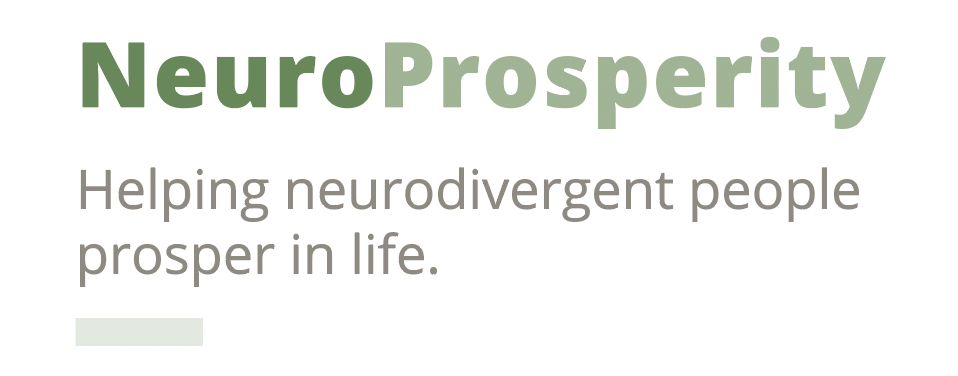Autism diagnosis
The benefits of receiving an autism diagnosis
Why should you undergo assessment?
“Thanks for your support this year, you have provided me with a solid platform which I can build on."
A recent comment from one of our clients
What our students say about us
Getting my Autism diagnosis has made more of a difference to my life than I could have ever imagined. I am more comfortable with who I am as a person than I have ever been before.
Once you confirmed that I am autistic, you gave me permission to be myself.
I have gone from being a confused teenager who didn’t understand why she was different to confidently sharing about my experience of being autistic and using that to champion the voices of other autistic people.


